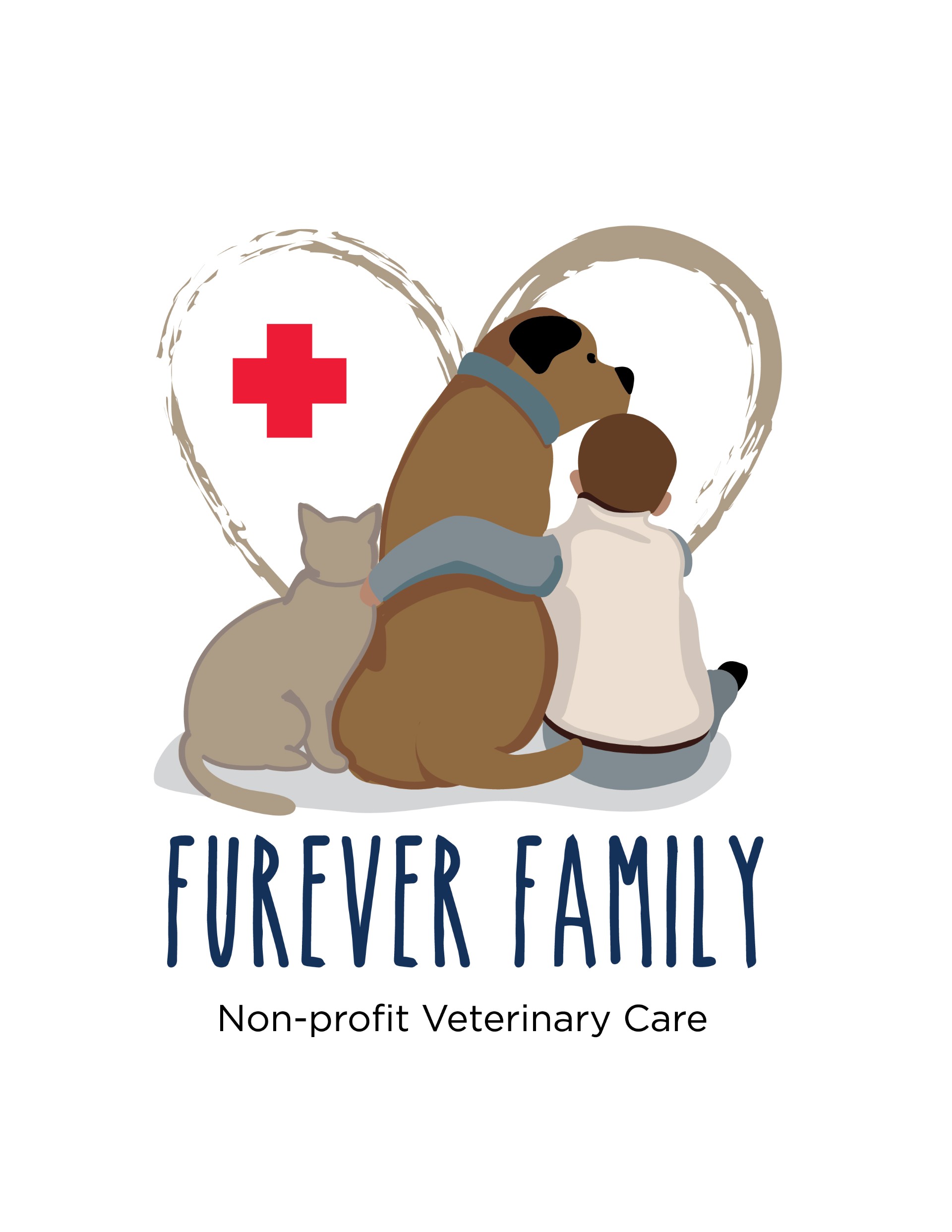When to Spay or Neuter your pet
Female Dog:
Spaying your female dog before her first heat cycle, which can start as early as 5-6 months of age, significantly reduces the risk of breast cancer by 26%. It also prevents the stress of heat cycles, which occur every 6-8 months, and eliminates the chance of developing pyometra—a dangerous uterine infection that can be life-threatening. Despite common misconceptions, having a litter does not improve your dog’s temperament, and spaying her early promotes better overall health. Plus, spaying won’t cause weight gain—keeping your dog active and feeding her a balanced diet will ensure she stays healthy and fit.
Male Dog:
Neutering male dogs before they reach six months of age can help curb unwanted behaviors like marking, roaming, and inappropriate mating instincts. Unneutered males often have a strong drive to find a mate, which can lead them to wander from home and put them in danger. Unfortunately, 75% of dogs hit by cars are unneutered males, and over 80% of car accident fatalities in dogs involve intact males. Neutering also reduces the risk of health problems, such as testicular cancer, prostate enlargement, and perianal fistulas. Dogs don’t form emotional bonds with their reproductive organs, and neutering will allow your dog to lead a healthier, safer, and happier life.
Female Cat:
Female cats experience frequent and exhausting heat cycles, which can affect their overall health and well-being. Unless they become pregnant, many cats will go into heat every 1-3 weeks for 6-10 months of the year. During these cycles, they often display undesirable behaviors like loud vocalizing, restlessness, and frequent rubbing or urine marking on furniture, walls, and people. Additionally, mammary cancer in female cats is highly aggressive, with 90% of cases being malignant and spreading rapidly. Spaying before six months of age significantly reduces the risk of mammary cancer by 90%, making it the best preventative measure for your cat’s long-term health.
Male Cats:
Neutering male cats before six months of age helps to prevent unwanted behaviors like spraying, roaming, and aggressive fighting. Once these habits begin, they can be difficult to change later on, making early neutering especially beneficial. However, neutering is still recommended for older male cats to reduce health risks, such as certain cancers and FIV, which can be contracted through fighting with other unneutered males. Additionally, intact male cats produce a particularly strong and unpleasant-smelling urine, which neutering can eliminate, creating a more pleasant home environment.

Furever Family’s mission is to reduce the number of pets in our shelters and living on the streets by providing affordable veterinary care, including high-quality/high volume spay/neuter services, to residents of Orange County.

